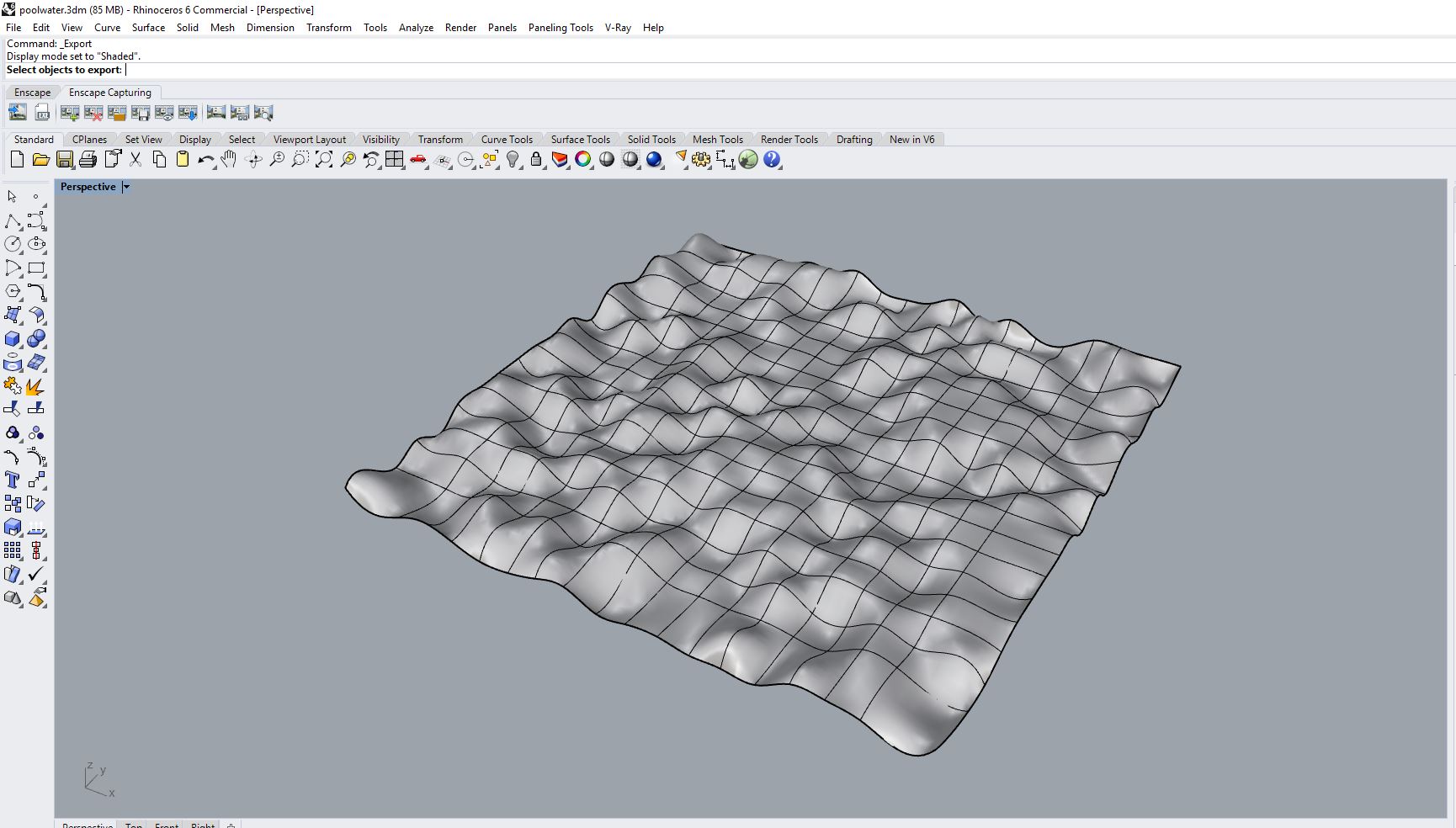
“Luncheon is still around, but it has acquired something of a precious connotation” is incorrect. It is just as if they had remained in Canada the whole time. Government, as long as the passengers stay on the train, they do not have to go though customs, and Canadians and Americans do not have to present passports. There is a passenger railroad that connects New Brunswick with the rest of Canada, via northern Maine. Note that the United States has more miles of railroad tracks than any other country, and that Canada has tens of thousand more of railroad tracks, including a line that runs all the way from Halifax, Nova Scotia, to Vancouver, British Columbia. There is that odd word “sleeper” that is used in the English of the British Isles, Australia, and New Zealand, but what they mean is a “railroad tie” in North American English.

Thus, when people overseas say “railway carriage”, they really mean a “railroad car” in American or Canadian English. This applies to either automobiles or trains. The simple word “car” is a clipping of “carriage”. I probably would not know about or care about these except for a noteworthy set of dialog and music in the film CLOSE ENCOUNTERS OF THE THIRD KIND. There are also demisemiquavers and semiquavers. I have read that the American name for this kind of a (rarely-used) note is a 1/64th note. “hemidemisemiquaver”, and NOT “hemi-demi-semi-quaver”. I have read that the following word arose in ENGLAND: I believe that “taxicab” is used in Canada, too. The spelling in American English is “taxicab”, and never in my life have I ever seen “taxi-cab”.

Classical Latin omnibus means “for all.” As a term for a public transportation vehicle, omnibus was borrowed from French. Luncheon is still around, but it has acquired something of a precious connotation.īus: a shortening of omnibus. Although lunch is documented as early as 1829, it was still considered to be vulgar a century later.

Lunch: a shortening of luncheon, a word documented from 1580. Note: The word taxi-cab combines two clippings. Later the word was applied to a motorized vehicle. Taxi: a shortening of Taximeter, a device for measuring distance and figuring the fare.Ĭab: a shortening of cabriolet, a light two-wheeled chaise drawn by one horse. Some standard English words that began as clippings are: Sometimes a clipping drives out its longer original and becomes a standard word in its own right. These shortened words are called clippings. Shortened forms of words like rhinoceros ( rhino), synchronization ( sync), and limousine ( limo), common in conversation and informal writing, are usually used in their entirety in formal contexts.


 0 kommentar(er)
0 kommentar(er)
